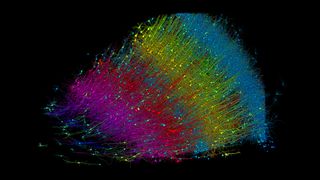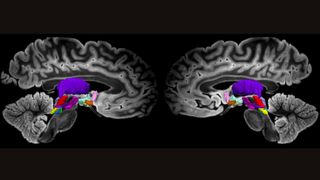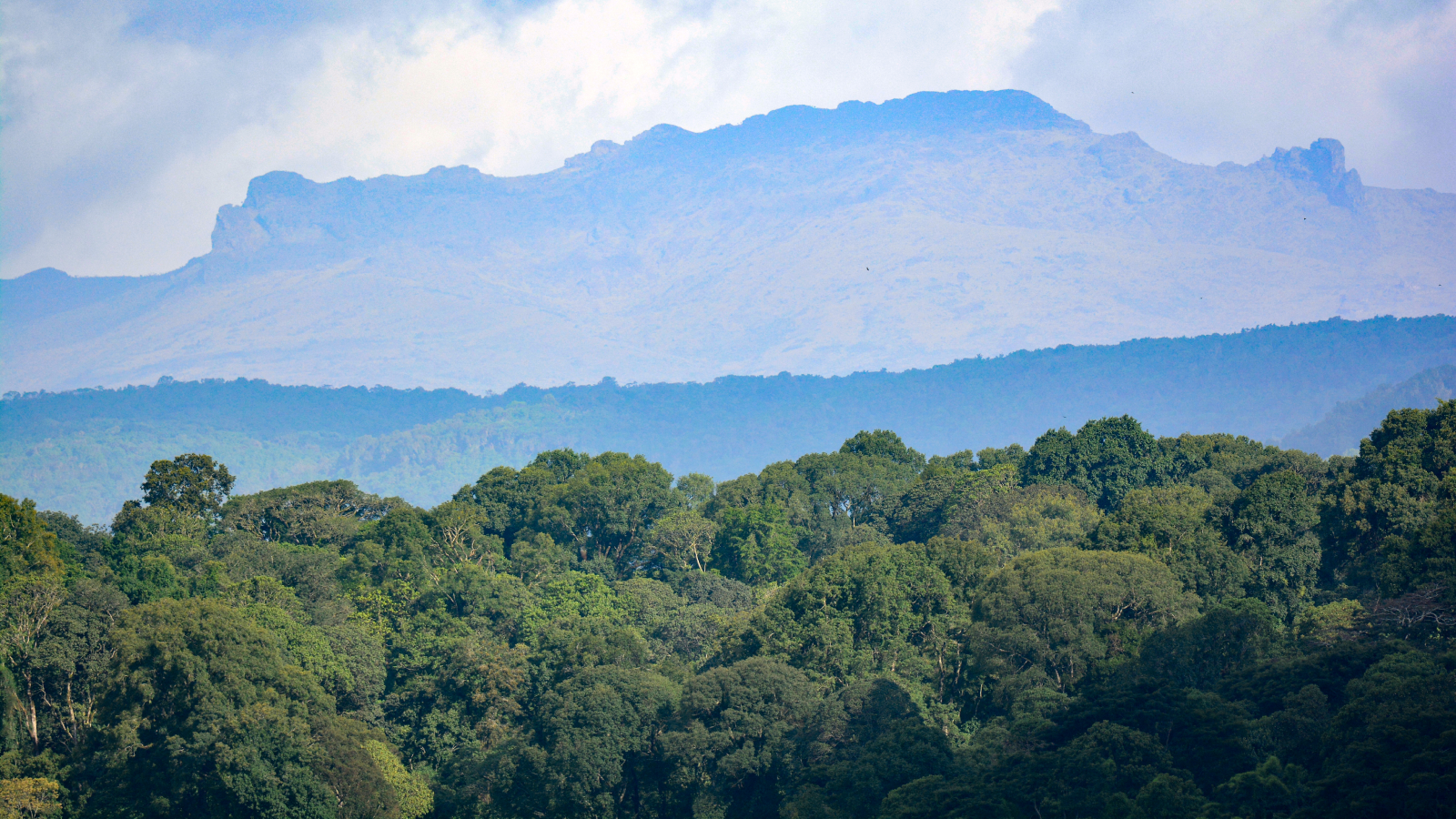Neuroscience
Latest about Neuroscience

Scientists inserted a window in a man's skull to read his brain with ultrasound
By Emily Cooke published
New research shows it's possible to use ultrasound waves to monitor activity in the human brain.
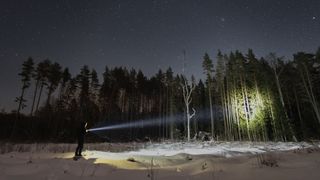
Why can't we see colors well in the dark?
By Skyler Ware published
In the dark, vivid colors seem to fade to gray and they're hard to tell apart. Why is that?
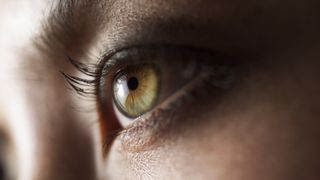
The 5 human senses — and a few more you might not know about
By Ailsa Harvey, Alina Bradford last updated
Reference Humans have more than five senses that help us navigate the world.
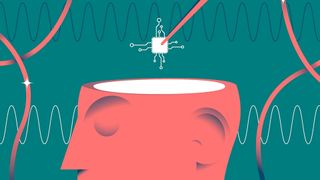
1st Neuralink user describes highs and lows of living with Elon Musk's brain chip
By Lauren Leffer published
Thirty-year-old Noland Arbaugh says the Neuralink chip has let him "reconnect with the world"
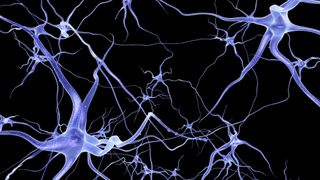
Scientists pinpoint likely origin of stuttering in the brain
By Emily Cooke published
Disruptions to a single network in the brain may be responsible for stuttering, new research suggests.
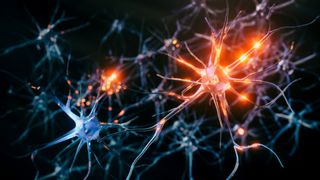
The brain can store nearly 10 times more data than previously thought, study confirms
By Emily Cooke published
Scientists harnessed a new method to precisely measure the amount of information the brain can store, and it could help advance our understanding of learning.
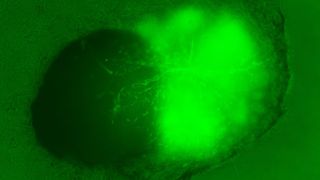
In a 1st, scientist grow mini brains with functional blood-brain barriers
By Nicoletta Lanese published
New "assembloids" grown from stem cells offer a tiny, working model of the blood-brain barrier.
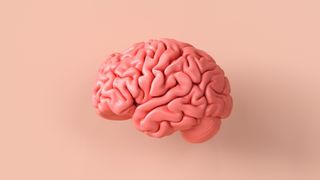
The enigmatic 'brain microbiome' could play a role in neurological disease
By Janosch Heller published
Some research suggests the brain has its own microbiome, but scientists don't know much about it.
Get the world’s most fascinating discoveries delivered straight to your inbox.


